Australians will vote on Saturday, and a recent YouGov poll indicates that the centre-left Labour party is the front-runner to win a majority government.
Incumbent Prime Minister Anthony Albanese hopes to defeat Conservative Coalition rival Peter Dutton and become the country’s first leader to win successive elections in two decades.
Polling booths in Australia - among the few democracies with mandatory voting - will be open from 8 a.m. to 6 p.m. (2200-0800 GMT, although a record 8 million out of 18 million eligible voters had already cast ballots before Saturday.
Both major parties have focused on cost-of-living pressures but opinion polls show that global uncertainty driven by Trump’s stop-start tariffs rapidly became a top issue for voters during the campaign.
The recent uncertainty created by US President Donald Trump has also had an unexpected impact on Australian political debate, with candidates navigating big geopolitical upheavals across the Pacific.
A Newspoll published on Friday in The Australian newspaper showed Labor leading 52.5%-47.5% against the Liberal-National coalition, under Australia’s two-party preferential voting system.
Political strategists said Trump was not likely to be the decisive factor in the election - Albanese has run a strong campaign and Dutton made mistakes, including a short-lived proposal to ban public servants working from home. But the Trump effect, they said, has added to reservations for voters who became risk-averse.
Several polls suggest Labor may be forced into a minority government. Preferences among supporters of the minor parties and independents could be crucial under Australia’s ranked-choice voting system.
Pollster Roy Morgan noted that the vote for independents and minor parties had doubled since 2007 and was increasing at every election.
In the 2022 election, the primary vote split nearly equally among Labor, at 32.6%, the Liberal-Nationals, at 35.7%, and “others” at 31.7%. Roy Morgan Chief Executive Michele Levine said a third of voters opting for independents and minor parties was likely again in this year’s vote.
Australians have begun casting their ballots in early voting since April 22, with over 4 million already participating - a significant increase over the 2022 election.


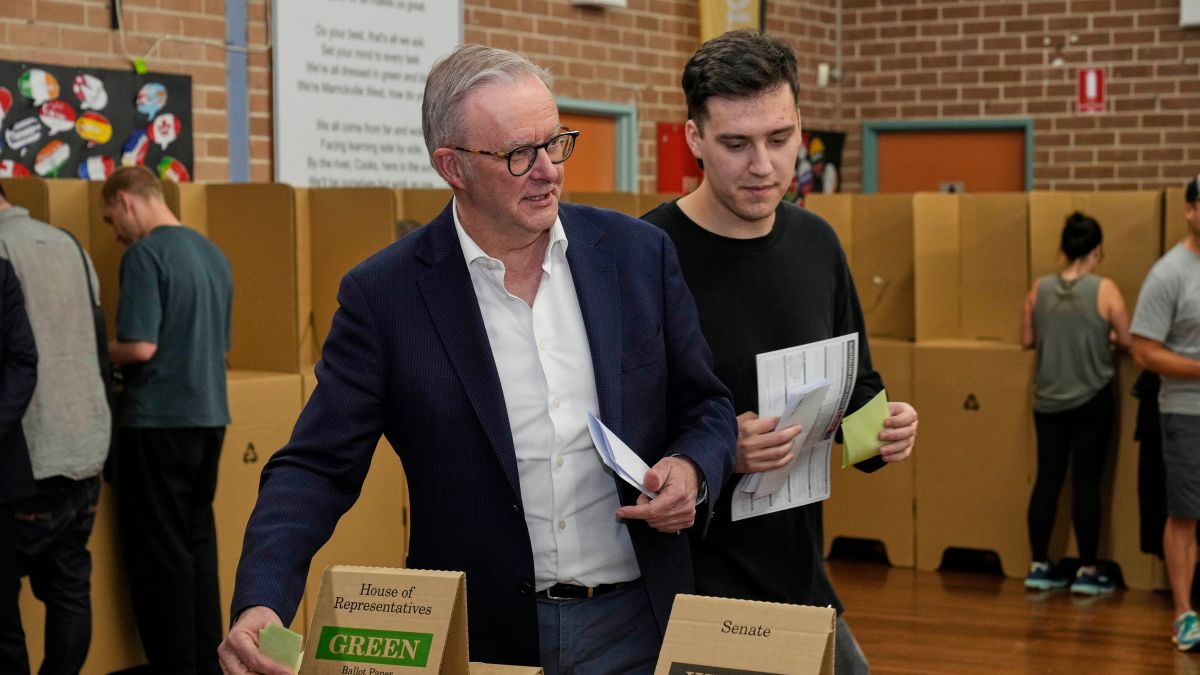)
)
)
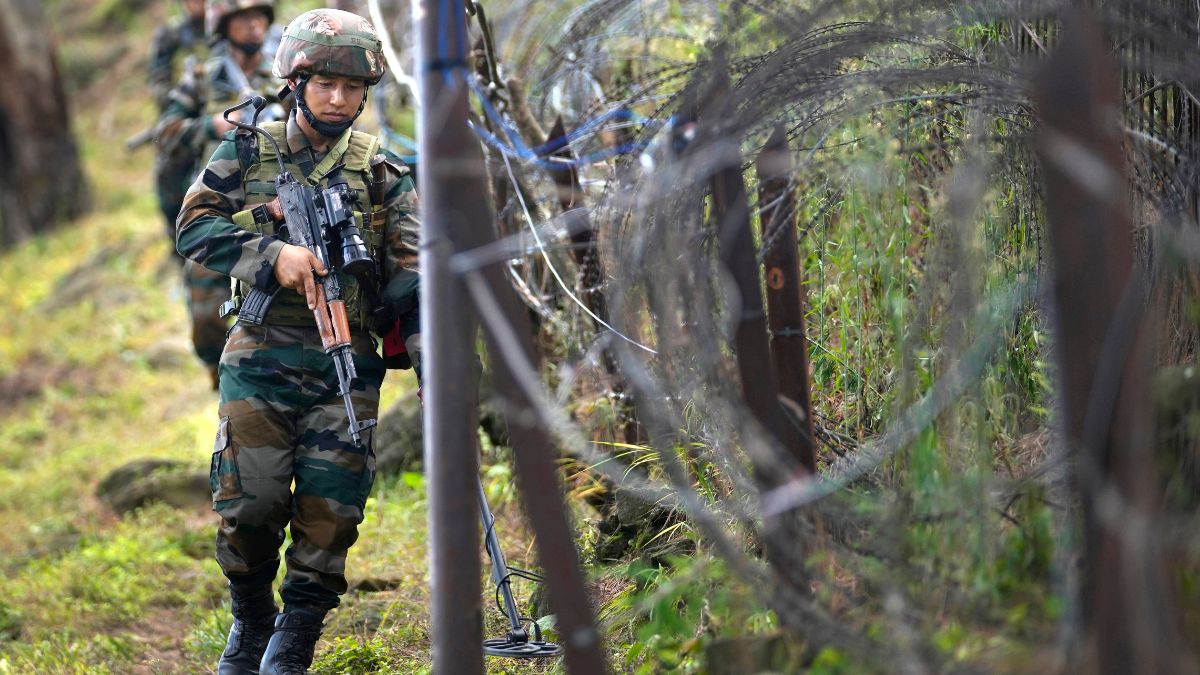)
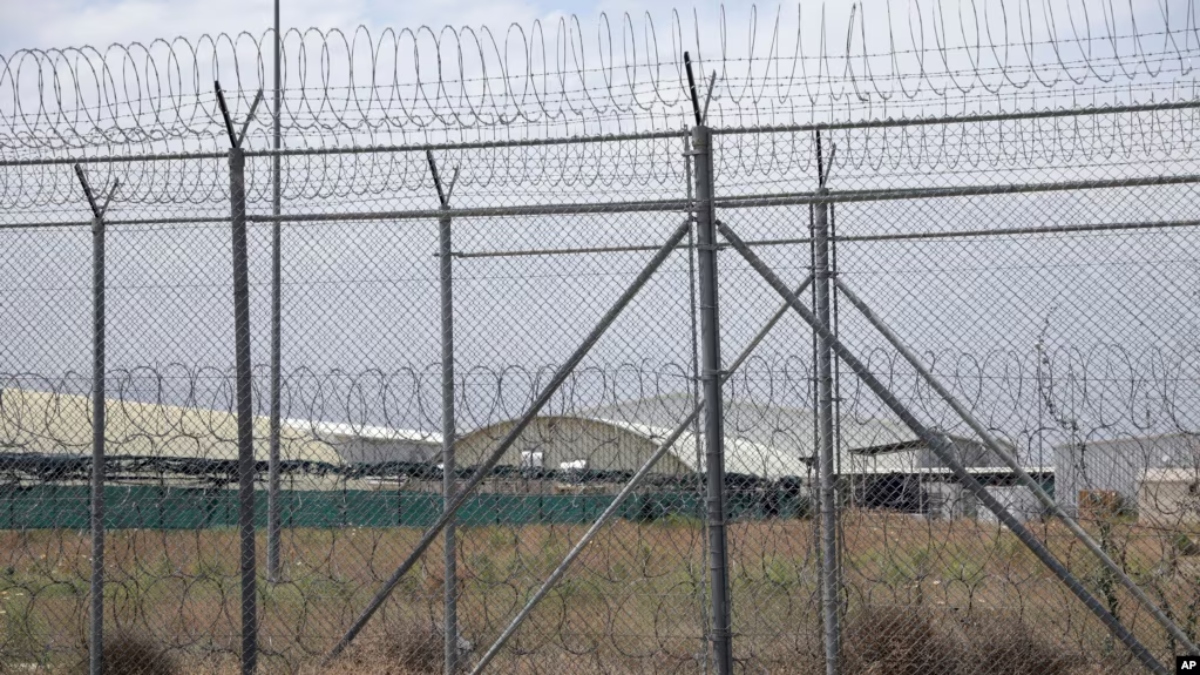)
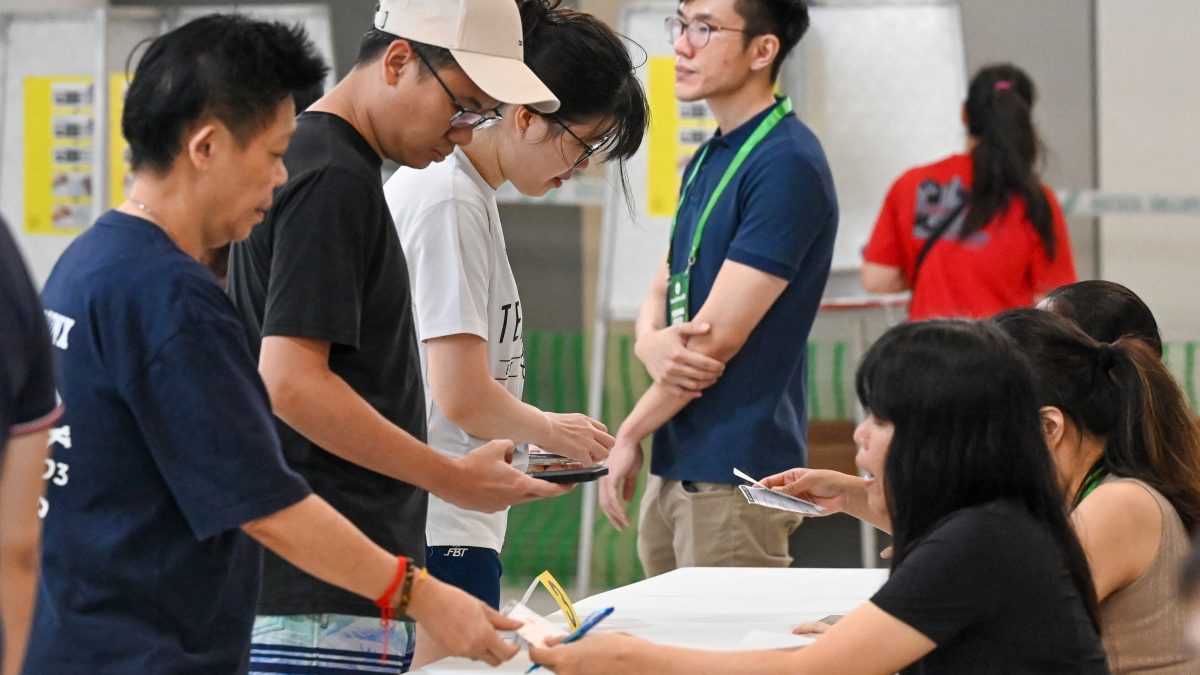)
)
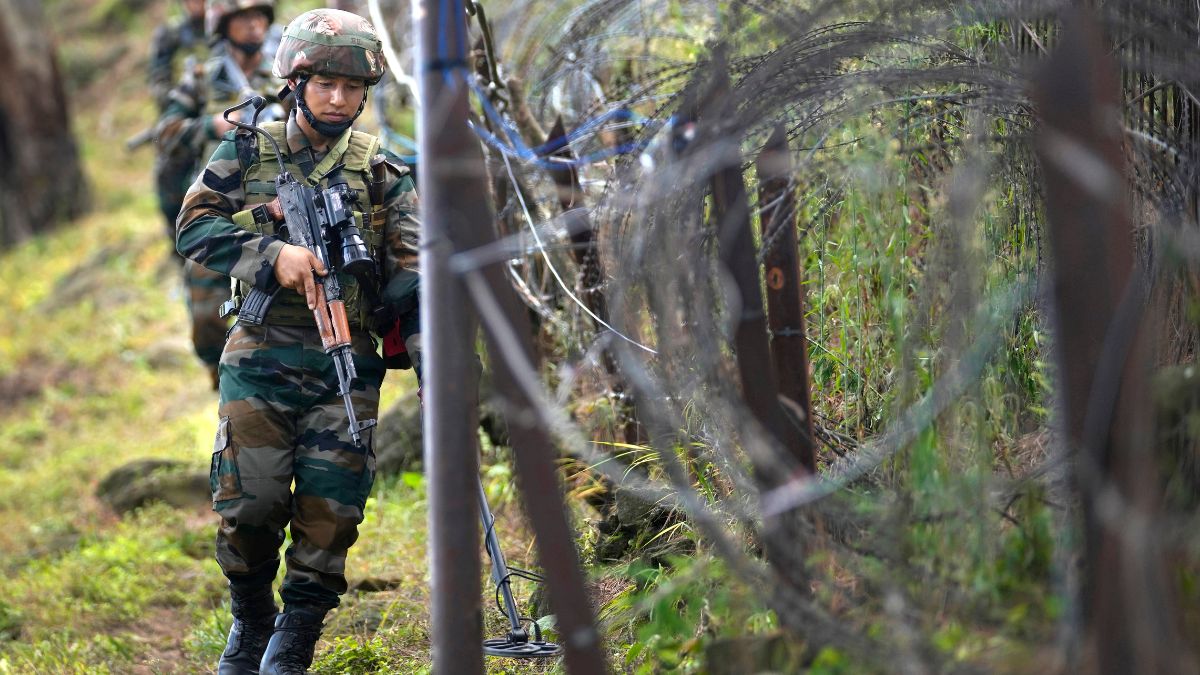)
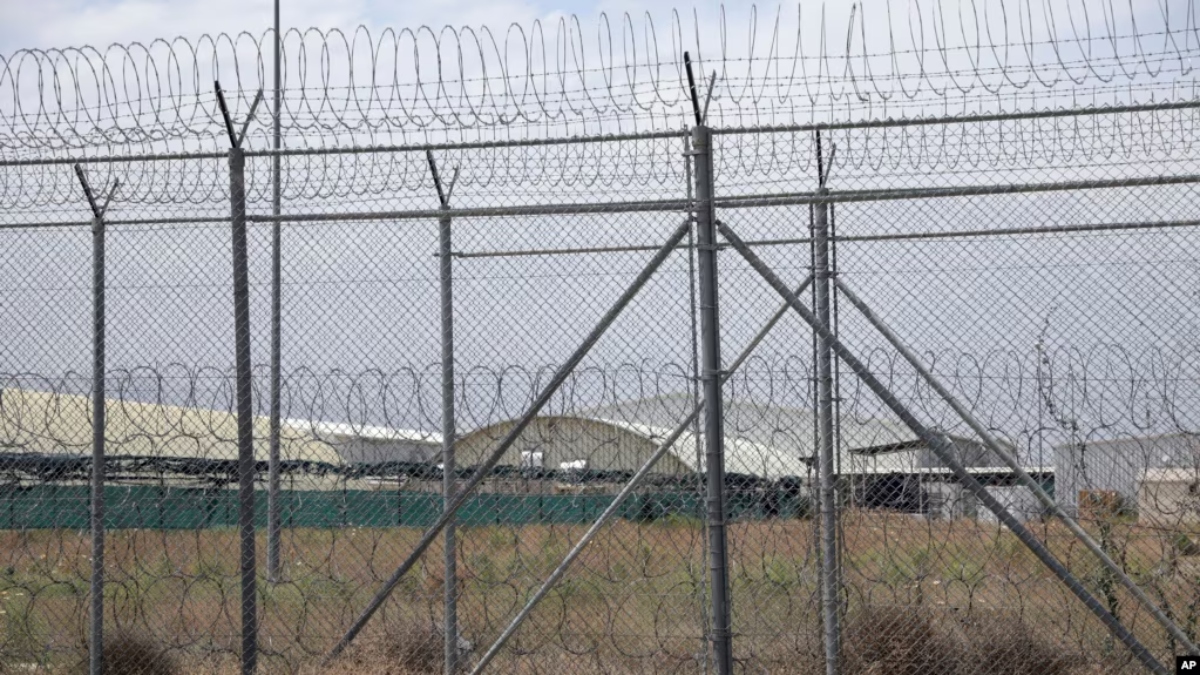)